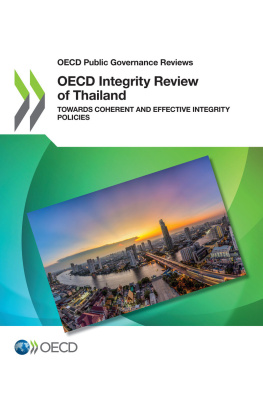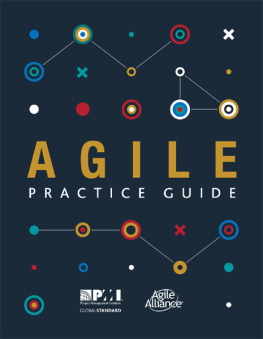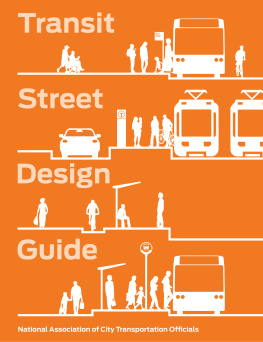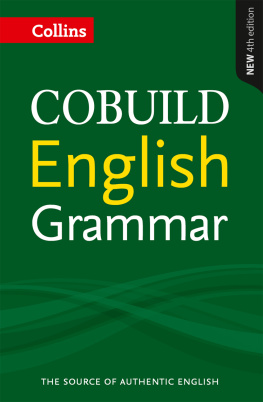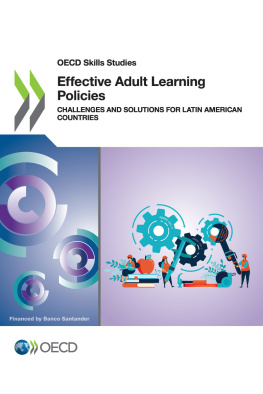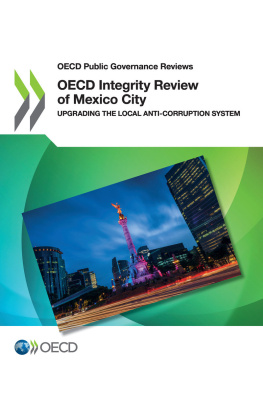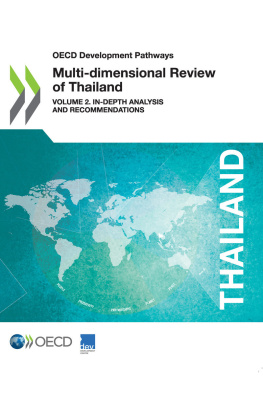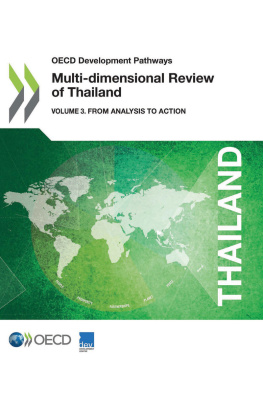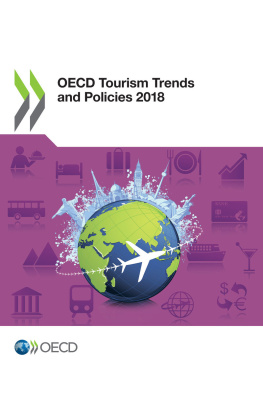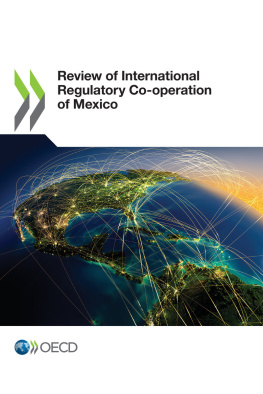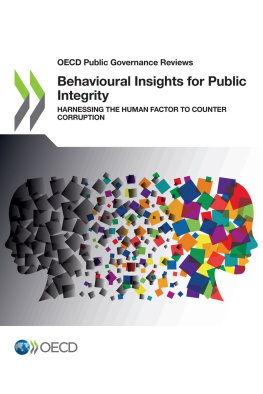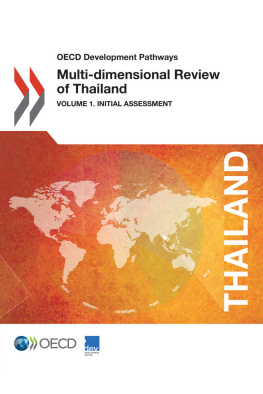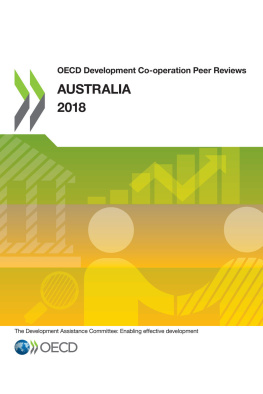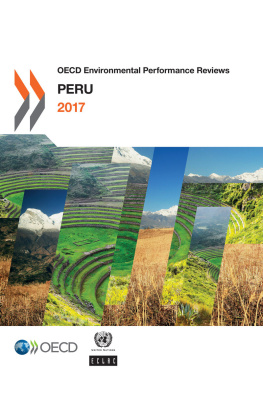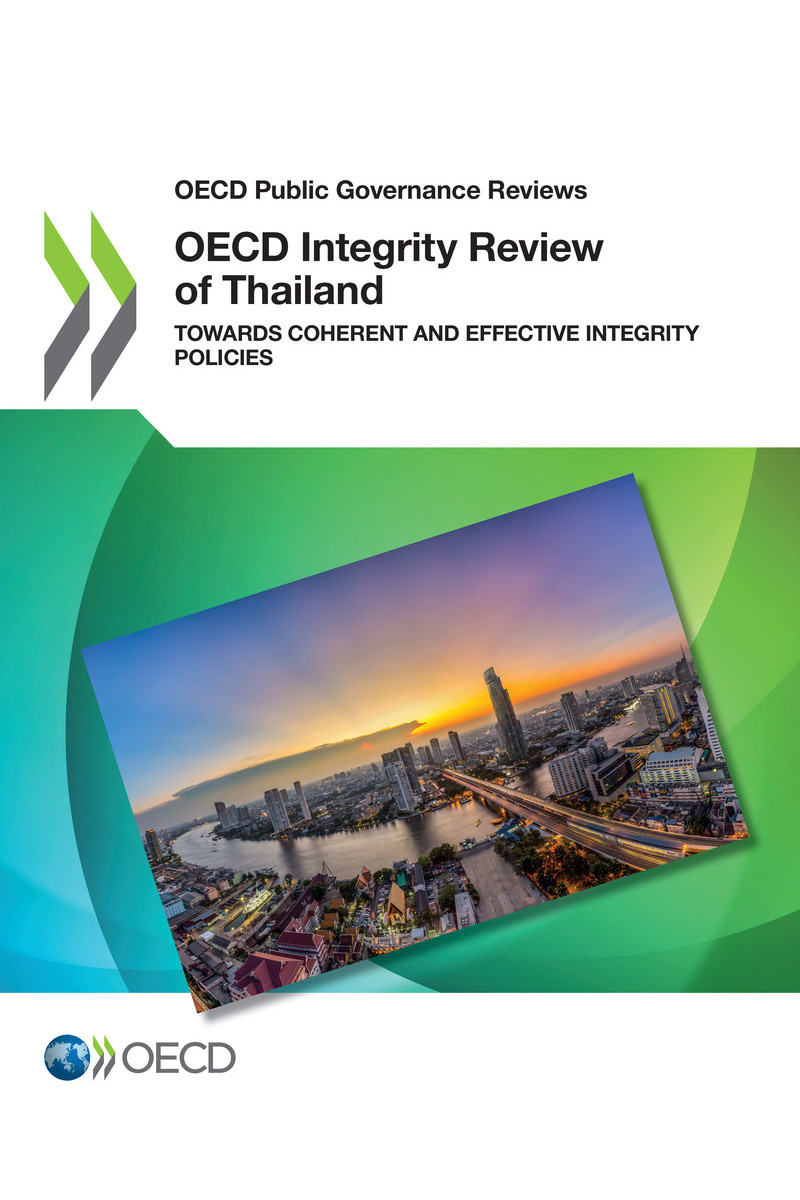OECD Public Governance Reviews
OECD Integrity Review of Thailand Towards Coherent and Effective Integrity Policies
Please cite this publication as:
OECD (2018), OECD Integrity Review of Thailand: Towards Coherent and Effective Integrity Policies , OECD Public Governance Reviews, OECD Publishing, Paris.
http://dx.doi.org/10.1787/9789264291928-en
Metadata, Legal and Rights
ISBN: 978-92-64-29191-1 (print) - 978-92-64-29192-8 (pdf) - 978-92-64-29193-5 (epub)
DOI: http://dx.doi.org/10.1787/9789264291928-en
Series: OECD Public Governance Reviews
ISSN: 2219-0406 (print) - 2219-0414 (online)
This work is published under the responsibility of the Secretary-General of the OECD. The opinions expressed and arguments employed herein do not necessarily reflect the official views of OECD member countries.
This document, as well as any data and any map included herein, are without prejudice to the status of or sovereignty over any territory, to the delimitation of international frontiers and boundaries and to the name of any territory, city or area.
The statistical data for Israel are supplied by and under the responsibility of the relevant Israeli authorities. The use of such data by the OECD is without prejudice to the status of the Golan Heights, East Jerusalem and Israeli settlements in the West Bank under the terms of international law.
Photo credits: Cover lOvE lOvE/Shutterstock.com.
Corrigenda to OECD publications may be found on line at: www.oecd.org/publishing/corrigenda .
OECD 2018
You can copy, download or print OECD content for your own use, and you can include excerpts from OECD publications, databases and multimedia products in your own documents, presentations, blogs, websites and teaching materials, provided that suitable acknowledgement of OECD as source and copyright owner is given. All requests for public or commercial use and translation rights should be submitted to .
Foreword
The OECD Integrity Review of Thailand is the first of its kind in South East Asia, demonstrating the Government of Thailands commitment to investing in public integrity and learning from the practices and expertise of OECD countries. The Review was conducted by the Directorate for Public Governance through a series of consultations with the Thai stakeholders, and is part of the Directorates broader work programme on public sector integrity. Tackling corruption in the public sector and building transparent and accountable public institutions fosters investment, encourages competition, and improves government efficiency. The policy recommendations in this Integrity Review not only seek to bolster Thailands integrity system, but also to promote public trust and ensure that the country can continue down a path of sustained economic growth.
In recent decades, the Government of Thailand has strengthened efforts to mitigate corruption risks in the public sector, as demonstrated by the establishment of agencies such as the National Anti-Corruption Commission (NACC), the Public Sector Anti-Corruption Commission (PACC), and the Office of the Auditor General. Furthermore, the third phase of the National Anti-Corruption Strategy (2017-21) seeks to deter corruption through stronger integrity and anti-corruption laws and policies. These developments have improved legal and institutional frameworks, but further progress is needed in some areas. This includes ensuring the effective implementation of integrity laws and policies which would lead to improvements in the levels of public trust.
This Integrity Review analyses Thailands integrity system, including the institutional framework for its anti-corruption strategy, conflict-of-interest policies, ethics management in the public sector and whistleblower protection. It provides recommendations in line with international good practices and the 2017 OECD Recommendation on Public Integrity .
The Review suggests a streamlined mechanism for co-ordinating among bodies, in particular the NACC, PACC and the Office of the Civil Service Commission (OCSC). The government could develop more detailed guidance for officials considered at risk of conflict-of-interest situations, and further expand the scope of its asset declaration system to public officials that are considered at risk of corruption. At the same time, it should consider developing an online disclosure system to facilitate the submission, verification and audit, and subsequent publication of asset declarations.
To foster a culture of public integrity, Thailand could increase awareness of the Code of Professional Ethics for Civil Servants by developing an in-depth training programme, and introduce a dedicated whistleblower protection law to facilitate reporting of suspected integrity violations.

Marcos Bonturi
Director
Public Governance Directorate, OECD
Acknowledgements
Under the direction and oversight of Marcos Bonturi, Director for Public Governance, and Jnos Bertk, Head of the Public Sector Integrity Division, this review was coordinated by Yukihiko Hamada and Jeroen Michels, with the valuable guidance of Julio Bacio Terracino. The chapters were written by Jeroen Michels, Yukihiko Hamada and Lisa Kilduff.
The review was prepared for publication by Meral Gedik and Thibaut Gigou. Editorial assistance was provided by Andrea Uhrhammer and Victoria Elliot. Anaisa Goncalves and Pauline Alexandrov provided administrative assistance.
The OECD expresses its gratitude to the Government of Thailand, and in particular, to the Office of Public Sector Development Commission (OPDC) and the Public Sector Anti-Corruption Commission (PACC) for their support and inputs throughout the project. This review also significantly benefited from the comments provided by the National Anti-Corruption Commission (NACC) and the Office of the Civil Service Commission (OCSC). Particular appreciation goes to all the participants who actively engaged in debates and provided valuable insights during the fact finding mission in Bangkok on 21-25 November 2016. This review also benefitted from the valuable input of the officials from OPDC and PACC during their time at the OECD on the secondment programme in 2016 and 2017.
The OECD wishes to thank the German International Cooperation Agency (GIZ) for its financial support.
Acronyms and abbreviations
ACOC
Anti-Corruption Operation Centres
AMLA
Anti-Money Laundering Act
ASEAN
Association of South East Asian Nations
BMA
Bangkok Metropolitan Administration
CAN
High-Level Anti-Corruption Commission of Peru
CSO
Civil society organisations
GDP
Gross domestic product

